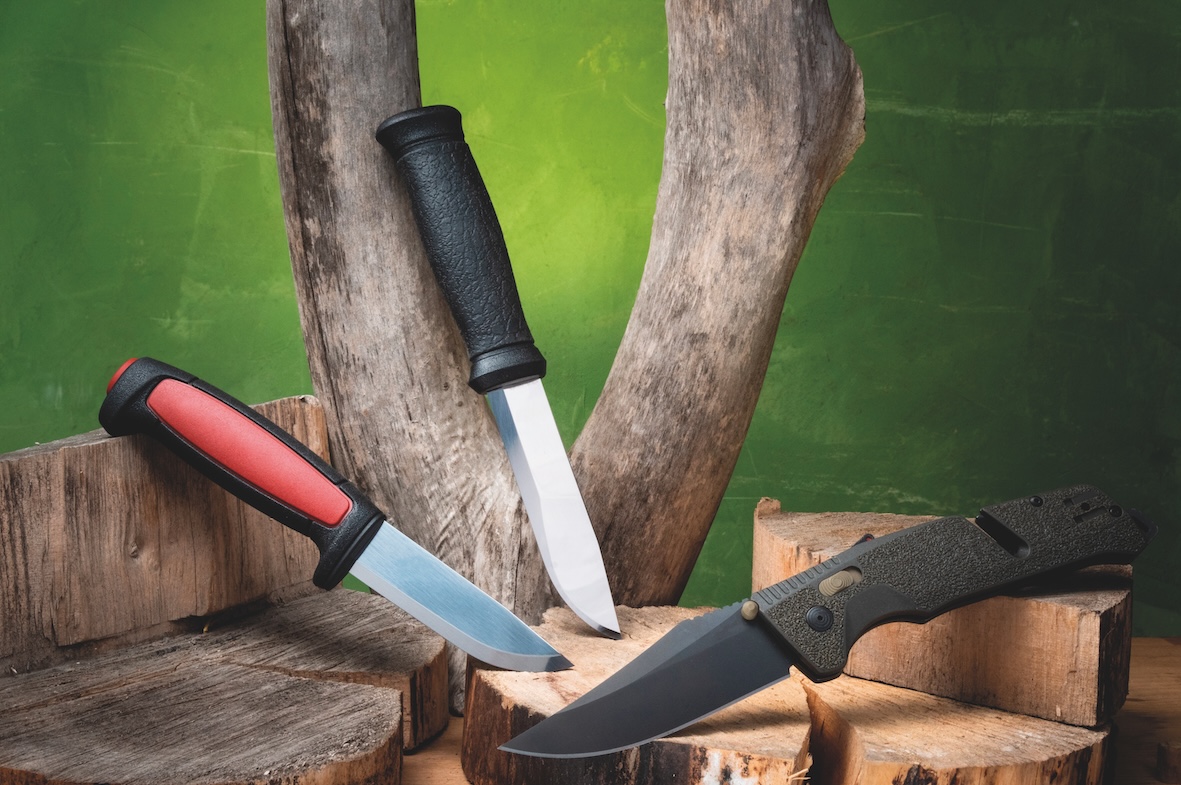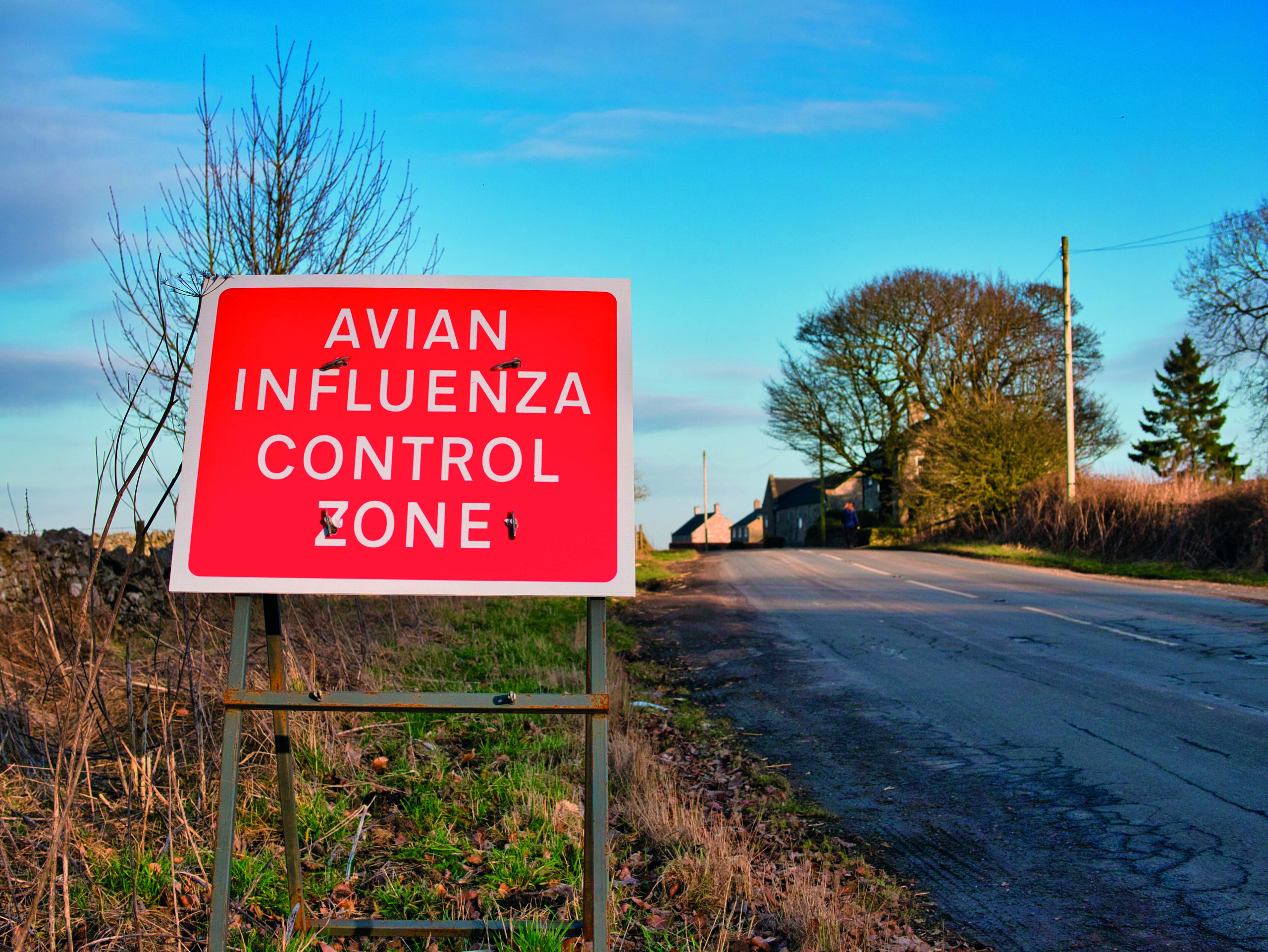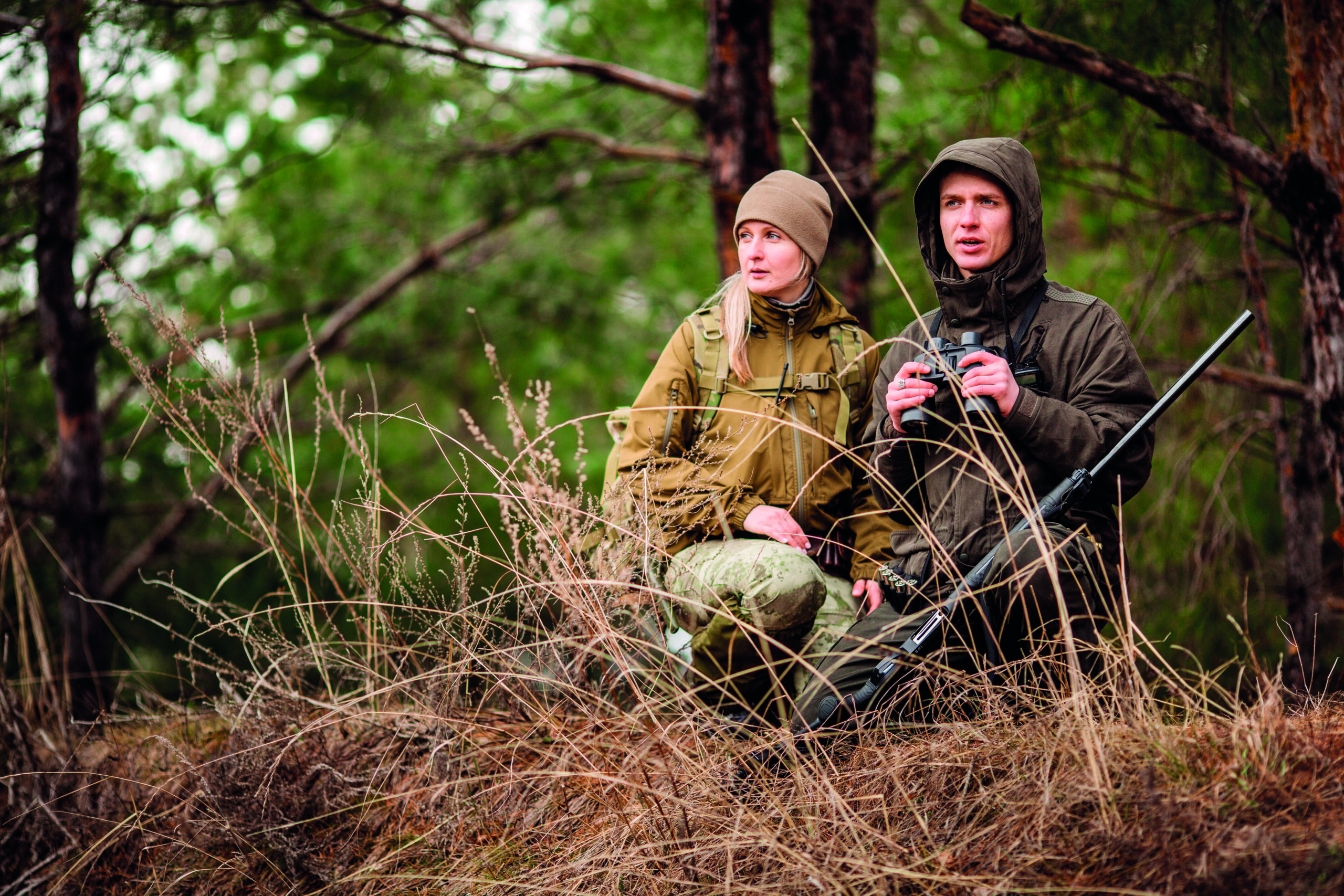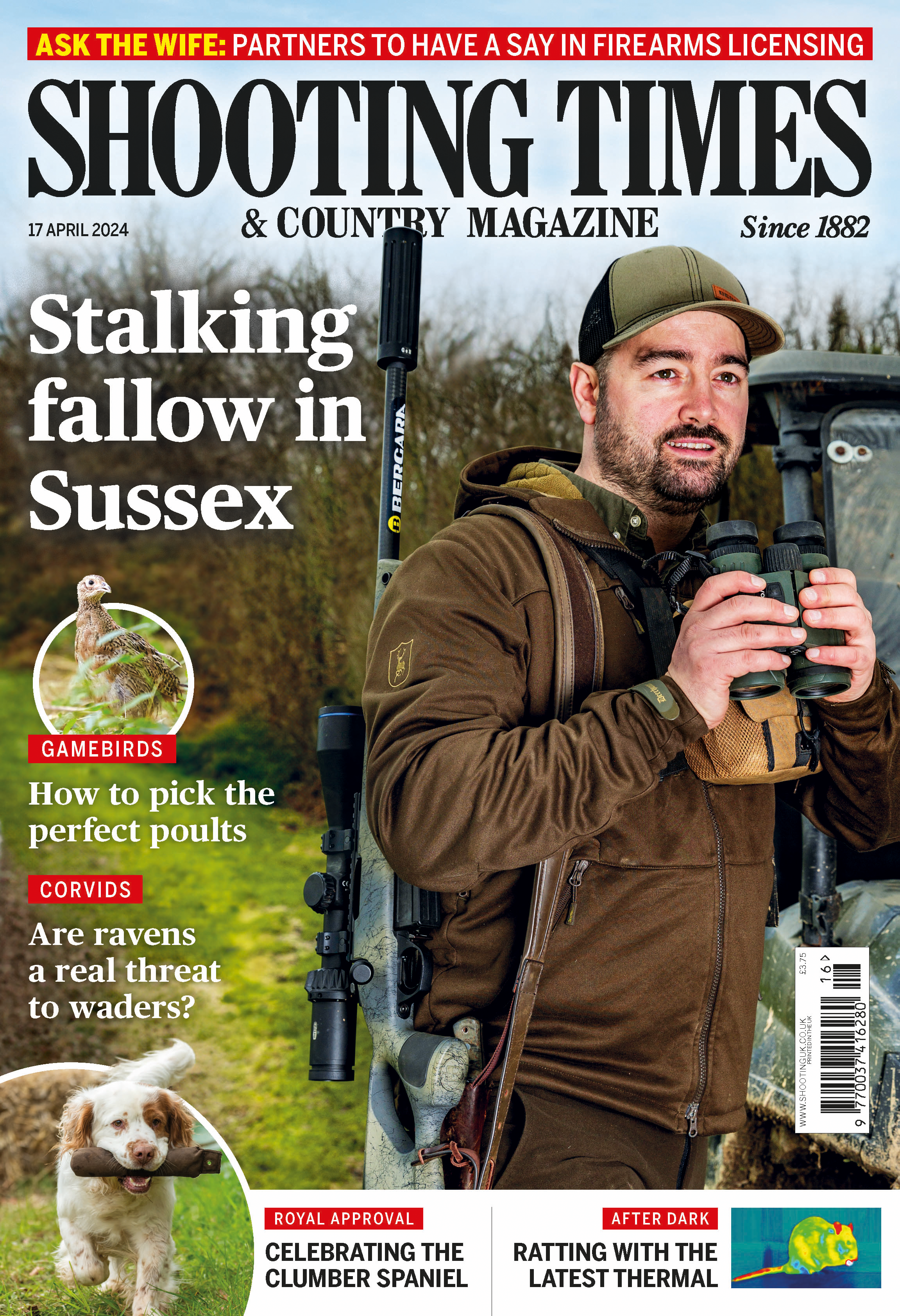Game farmers to downsize as shoots reduce orders
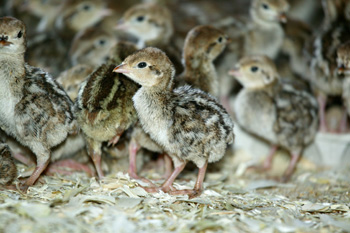
However, Shooting Times has spoken to game farmers with differing views on how the current economic crisis will affect them.
Francis Briley of Canal Game Farm, in Kent, said he is planning to rear more birds: ?We are in a fortunate position as most of our clients are commercial shoots [which don?t rear their own birds]. Hence we will be doubling our capacity next year. Do I think poult orders will slow down this year? Not at all. It is a chicken and egg situation ? the large shoots need to buy the birds to sell the days. If anything, they might have to drop how much they charge per bird, but I don?t think they will economise on quantity.?
He added that the euro?s strength against the pound could prove devastating for some rearers: ?Game farmers who produce their own day-olds will be the real winners next year. Given how poor the exchange rate is for the euro, the price of day-old poults has shot up from 75p or so to between 85p and 95p a bird. Game farmers who import them are really going to be stung this year.?
James Vigar-Smith of Wernham Game Farm, in Wiltshire, said that it is too early to tell how the industry will be affected: ?The downturn is bound to affect us all, but to what extent is anyone?s guess. This year I am reluctant to rear too many poults for late orders and I will be waiting until the middle of February to make a decision on the exact amount of birds that I rear.?
Ray Holden of Hy-Fly Game Hatcheries, in Lancashire, noted that the whole industry is nervous about the future: ?In my opinion there will be a 25% downturn in poult orders nationwide. That means there are going to be big problems with overproduction. There will also be a lot of surplus stock still on the ground due to days being cancelled. So, rather than buying in more poults, some shoots will catch up their existing hens and breed from them instead. It makes better economic sense for shoots.?
A spokesman for the Game Farmers? Association warned that rearers should be wary over rearing too many birds: ?Decision making at the outset of a recession is never easy and, within the shooting world, it is the game farmers who have to make the first call. They have to decide how many laying birds to pen and look after long before firm orders for poults are in, let alone any birds paid for. Individual game farms must make their own commercial decisions, but our advice is to be cautious. Some shooting remains unpaid for this season, and it is hard to see that matters will be any better next season. The industry has come through recessions before, and relatively unscathed, but this is certainly no time to be taking big risks.?

